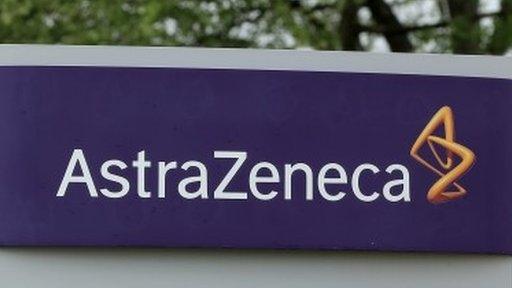Pfizer: The making of a global drugs giant
- Published
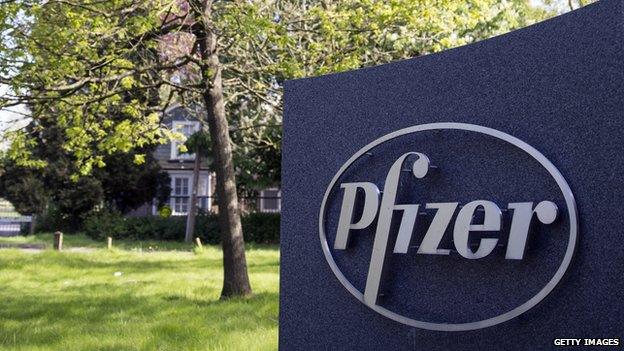
Perhaps most famous for developing erectile-dysfunction drug Viagra, aka the "blue pill", US pharmaceutical firm Pfizer is one of the world's biggest companies - and it has dominated the headlines for the past few weeks.
It has a market worth of approximately $186bn (£110bn), and made revenues of $51.6bn last year - almost matching the amount brought in by tech giant Google.
The company already has a huge presence in the UK - it is one of the major suppliers of medicines to the NHS - but Pfizer recently made a bid to buy British pharmaceutical giant AstraZeneca for £63bn. If approved, it would be the biggest takeover of a UK company by a foreign firm in history.
But how did Pfizer become the global force it is today?

Early days
Pfizer was founded by two German immigrants as Charles Pfizer & Company in Brooklyn, New York in 1849, financed with a $2,500 loan from one of their fathers. Pfizer was a chemist, and his cousin Charles Erhart, a confectioner.
The cousins' first product, a form of santonin used to treat intestinal worms - a common complaint at the time - was an immediate success.
Erhart, using his confectionary skills, added almond-toffee flavouring to the medicine, to make it more palatable.

1860s:
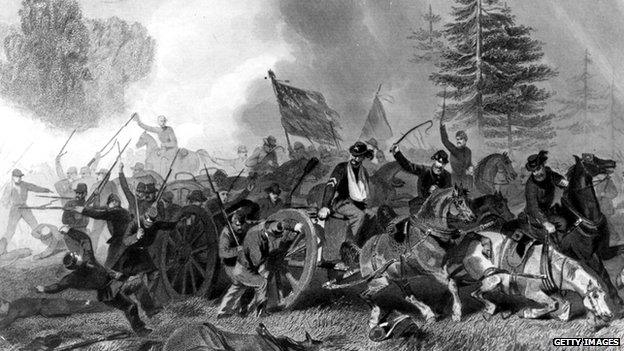
Demand for painkillers, preservatives and disinfectants soared during the US Civil War (1861-65), leading to one of Pfizer's first big successes.
The company expanded production to help meet the needs of the Union Army. Soldiers carried tartaric acid, developed by Pfizer, in their battlefield kits, and used it to treat wounds.
Drugs manufactured included iodine, morphine and chloroform, which, in addition to medicinal applications, were also used in the emerging field of photography. Pfizer's revenues doubled by 1868.

Late 1800s:
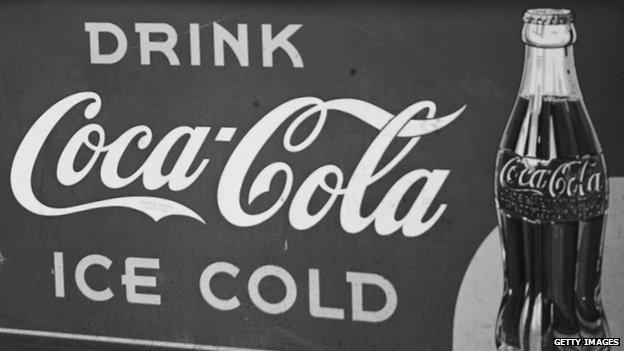
Pfizer began manufacturing citric acid just as drinks such as Coca-Cola, Dr Pepper and Pepsi-Cola - which all used citric acid as an ingredient - started to become popular.
Citric acid soon became Pfizer's main product and the launch pad for its growth in the decades to follow.
Charles Erhart died in 1891, and the eponymous Pfizer gained full control of the burgeoning firm, which would remain privately held until 1942 - when 240,000 shares were offered to the public.

1940s:
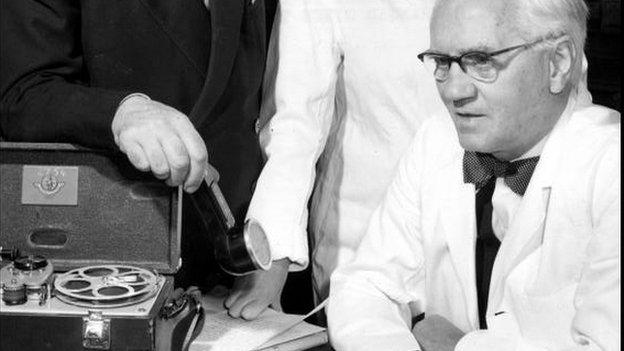
Pfizer was the first company to discover a way to mass-produce the antibiotic drug penicillin - following its discovery by British scientist Alexander Fleming (pictured above) in 1928.
Heeding a plea from the US government, Pfizer began supplying penicillin to Allied forces in World War Two. Most of the penicillin carried by soldiers on D-Day was developed by the drugs firm.
The company's first foray into the UK market followed a decade later when it opened a fermentation plant in England in 1955.

1990s to 2000s:
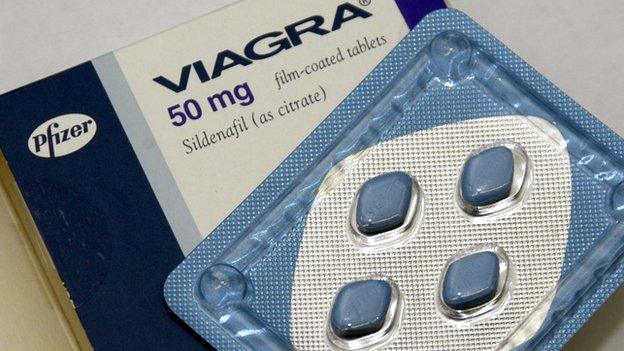
Pfizer launched anti-erectile dysfunction drug Viagra in 1998. Hailed as a "miracle drug", Viagra has been a reliable source of income for 15 years, with sales in the US alone in 2012 of $2bn.
In the 21st Century, Pfizer acquired many other pharmaceutical companies, including Warner-Lambert in 2000 for $110bn, followed by Pharmacia in 2003 and Wyeth in 2009, external.
In 2004, Pfizer was added to the Dow Jones stock index, which tracks the 30 biggest publicly listed companies in the US.
- Published14 May 2014
